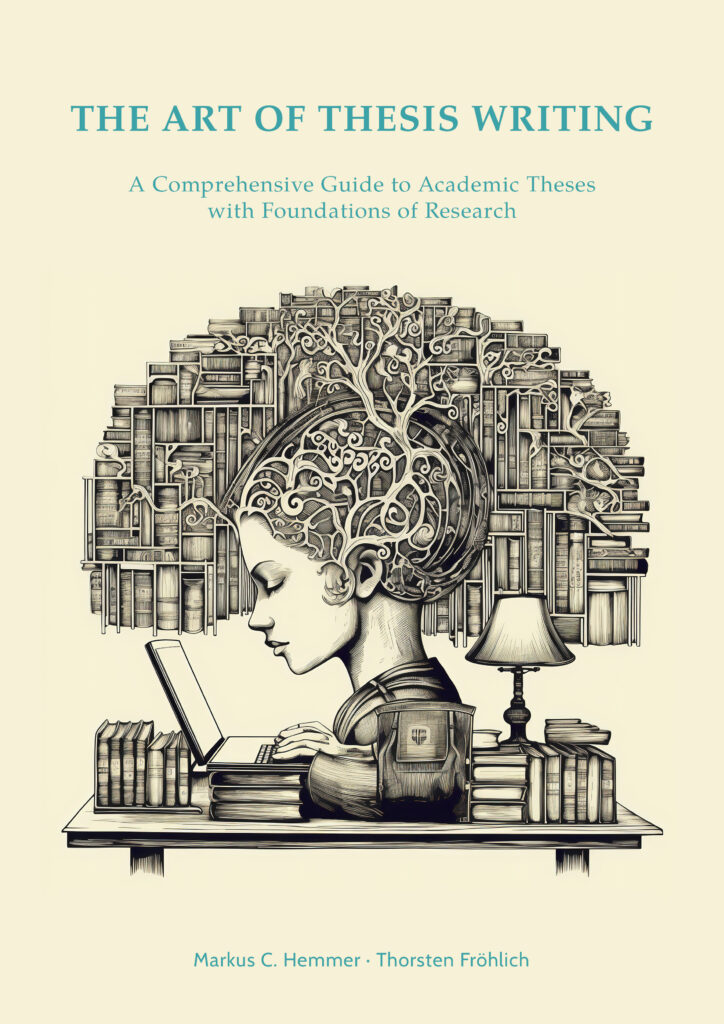An Abstract is a brief summary of a research paper or thesis that provides a snapshot of the main aspects of the research. It is an integral part of academic writing, crucial for a bachelor thesis, master thesis, doctorate thesis, or capstone project, as it allows readers to quickly grasp the purpose, methods, results, and significance of the study.
For a bachelor thesis, an abstract might start with a clear statement of the problem, followed by the research question, a brief methodology, key findings, and a concluding remark. For instance, “This thesis examines the impact of renewable energy initiatives on local employment rates.”
In a master’s thesis, the abstract is more detailed, reflecting a higher level of study and research depth. An example could be, “This study explores the correlation between social media advertising strategies and consumer purchasing behaviours.”
A doctorate thesis demands an abstract that not only succinctly presents the research but also underscores the original contribution to the field. An example could be, “This dissertation provides a re-evaluation of the historical significance of the Silk Road in the context of early global trade systems.”
Capstone project abstracts focus on the practical application and may often include the project’s scope and its implications for professional practice; for example, “This capstone project developed a prototype for a mobile application designed to increase access to mental health services for college students.”
The Abstract is often the most widely read part of a thesis and may be the only part many read. It acts as a standalone text that can provide the reader with a complete overview of the research without needing to delve into the entire document.
Learn how to deal with the Abstract from the book
The Art of Thesis Writing

